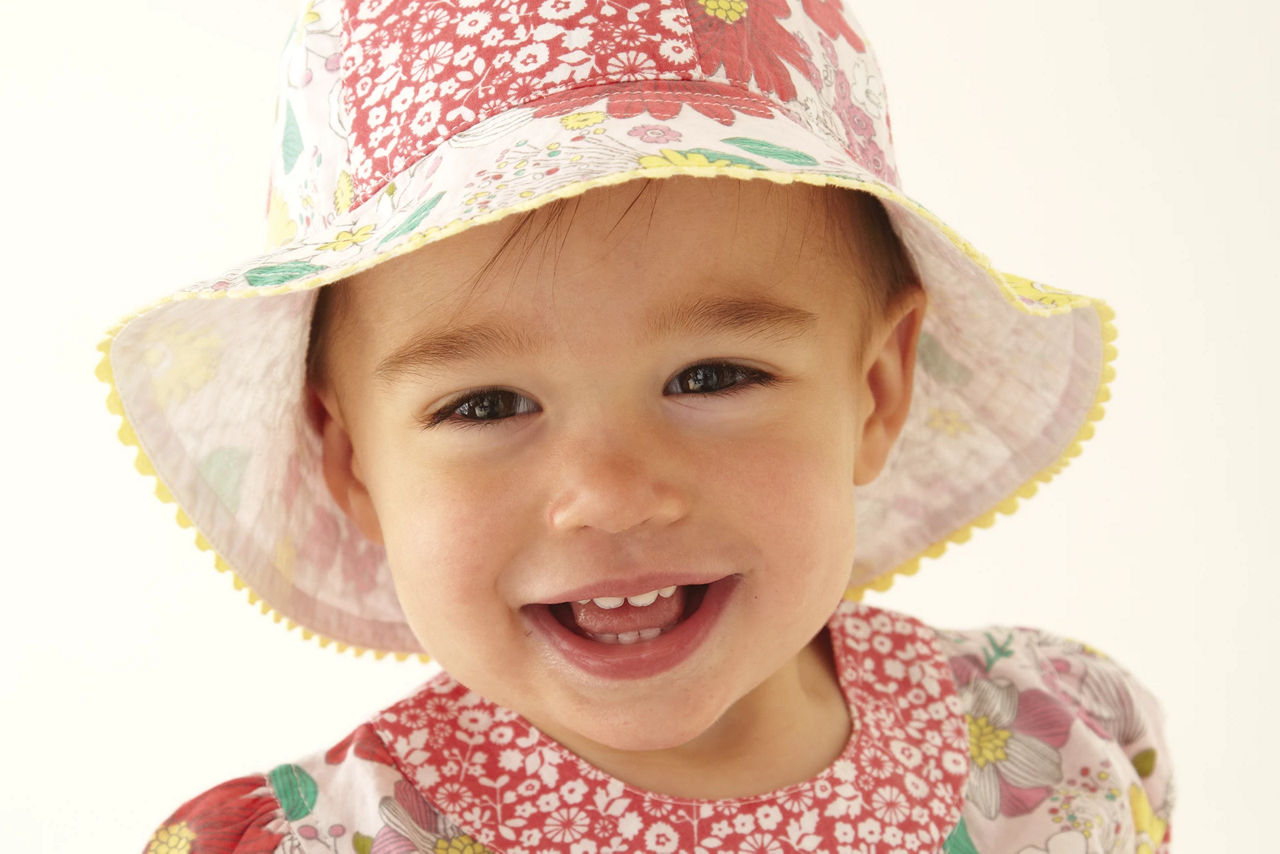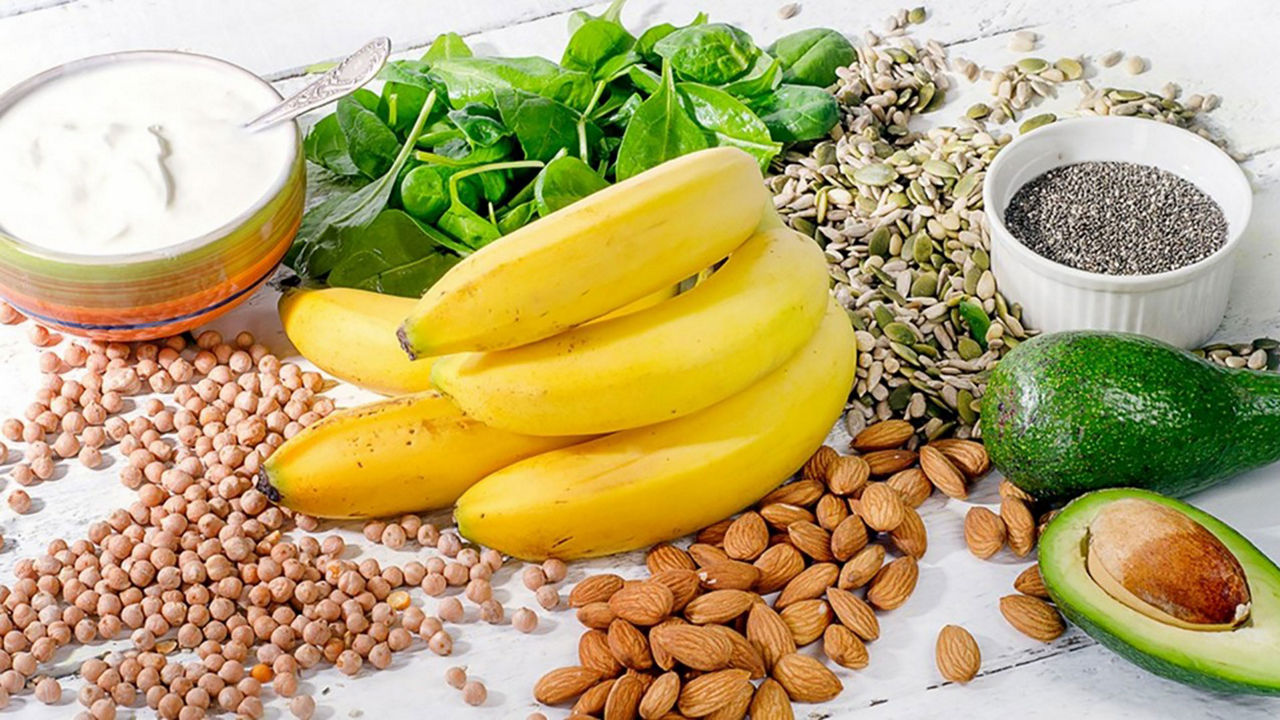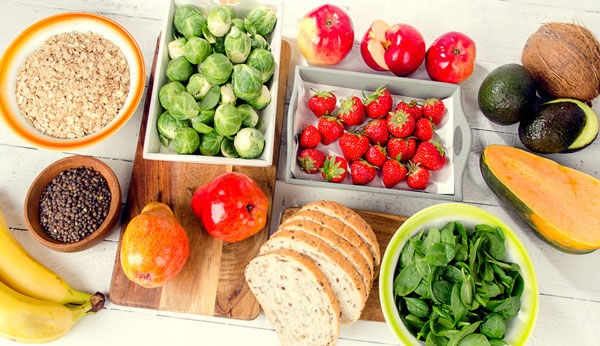A healthy, balanced diet is necessary to provide your toddler with the right balance of nutrients they need for optimal development. Two vital vitamins for this stage are iron and vitamin D.
Iron plays an important role in many functions of the body and is a key nutrient for healthy brain development. Good sources include meat, oily fish and eggs, as well as plant sources such as beans and green, leafy vegetables. Meat and fish contain haem iron – a type of iron that is more easily used and absorbed compared to the non-haem iron found in plant sources. Including even small amounts of meat and fish in your toddler's diet will enhance the absorption of iron from other sources.
Due to the temperamental tendencies of toddlers, as well as fussy eating phases and their small appetites, many toddlers don’t get enough iron in their diets. Astonishingly, 23% of babies aged 1 year olds and 10% between the age of 2 and 3 years did not meet the recommended amount, so every parent needs to be aware of this vital nutrient2. The situation can be made worse if toddlers fill up on foods with a low iron content.
To increase your child’s intake, try to offer at least one iron rich food every day. Pairing it with vegetables or a piece of vitamin C-rich food will help your toddler’s body absorb it more effectively. Follow On milks and Growing Up milks are fortified with iron and can be used if you are concerned about your child’s iron intake. Aptamil Growing Up Milks are enriched with iron to support your toddler’s healthy development as they grow.
Vitamin D is another essential nutrient for this stage, supporting your child’s bone development by helping the body absorb calcium and phosphorus. The main natural source of vitamin D is summer sunlight, whch isn't a reliable source in Ireland. The Recommended Daily Allowance (RDA) for toddlers in Ireland between the ages of 1 to 3 years of age is 10μg/day. This is why the Food Safety Authority of Ireland recommends that all children between the ages of 1 and 5 years old take a supplement of 5ug supplement daily, regardless of sun exposure. Oily fish, eggs or fortified cereals are great ways to help meet this requirement, but it can be difficult for toddlers to eat enough of these foods to get the levels they need.






